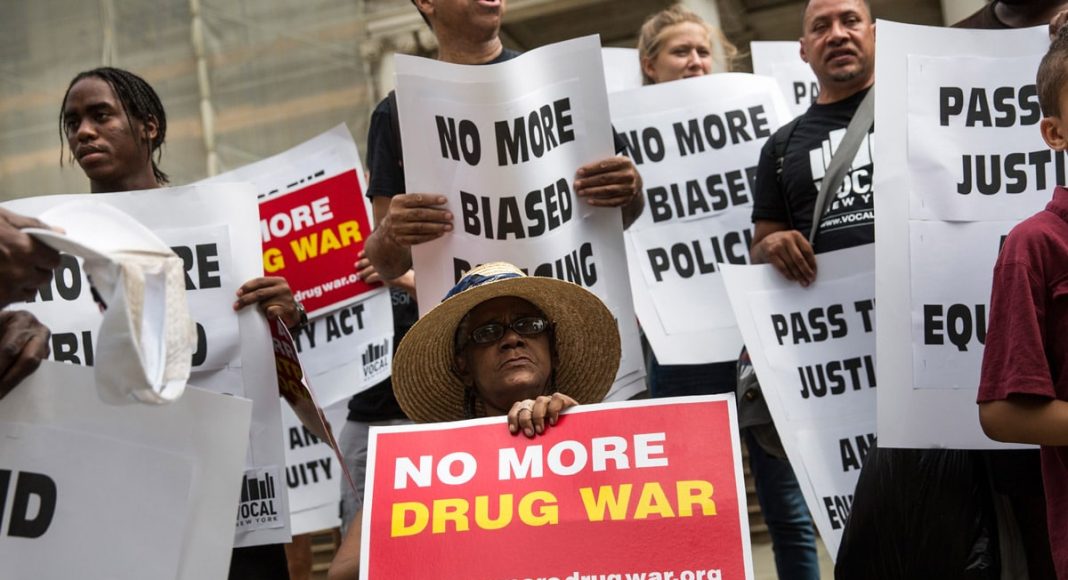Earlier this week, Sen. Ron Wyden became the first US Senate co-sponsor of Sen. Cory Booker’s Marijuana Justice Act (“MJA”).
Canna Law Blog discussed the content of the MJA before here and as we stated in the Portland Mercury:
“Booker’s Marijuana Justice Act is remarkable in its scope. Not only would it remove marijuana and tetrahydrocannabinols (THC) from Schedule I classification, it would remove the federal criminal prohibition on the import and export of cannabis. It would also withhold federal money for the construction of prisons or jails from any state that has discriminatory (race or income) arrest and incarceration rates for cannabis offenses.
Such states would also see up to a 10 percent reduction in federal funding for a broad array of crime fighting efforts. These funds would instead be directed into a community reinvestment fund that would go towards communities devastated by the drug war.
Finally, and perhaps most ambitiously, it would expunge all old cannabis convictions, and anyone currently imprisoned on federal cannabis charges would have the right to a new sentencing hearing. The hearing judge would have authority to impose a modified sentence as if the Marijuana Justice Act was in effect on the date of the crime.”
-
Related Story: 5 Ways Cory Booker’s Marijuana Bill Could Change Everything
It remains to be seen whether the Wyden sponsorship will catalyze other members of the Senate to step forward on this progressive bill. In the meantime, the near-term focus for most industry watchers is the soon-to-expire protection for state medical marijuana programs and actors. We are cautiously optimistic that those protections will be extended later this week, provided the entire government doesn’t shut down. But in the long term, we would love to see the MJA build on today’s momentum, and eventually become law.
Sen. Wyden and Sen. Booker’s joint statement on the MJA was screened live on Sen. Booker’s Facebook page and is available here.
Will Patterson is an attorney at Harris Bricken, a law firm with lawyers in Seattle, Portland, Los Angeles, San Francisco, Barcelona, and Beijing. This story was originally published on the Canna Law Blog.


